Impact of climate change on drylands to be examined with Royal Society award
A leading researcher has been awarded a prestigious Royal Society Fellowship worth over £1.4 million to study how dryland landscapes respond to a changing climate.
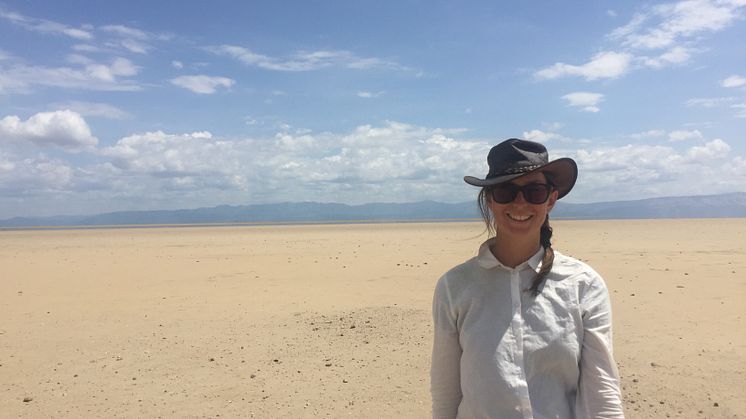
A leading researcher has been awarded a prestigious Royal Society Fellowship worth over £1.4 million to study how dryland landscapes respond to a changing climate.

Scientists have trained an artificial intelligence (AI) system to accurately map the surface area and outline of giant icebergs captured on satellite images in just one-hundredth of a second.

A pioneering multi-disciplined team of researchers from Northumbria University and Imperial College London has received funding for a novel study that will explore biological, psychological and social factors associated with brain health in female military veterans.

A training partnership, including Northumbria University, has secured an investment of over £28m in funding to continue training the next generation of social scientists in Northeast England and Northern Ireland.
The partnership will use these funds to continue playing a leading role in the economic and social development of the two regions.
The Northern Ireland and North East Doctoral Trai
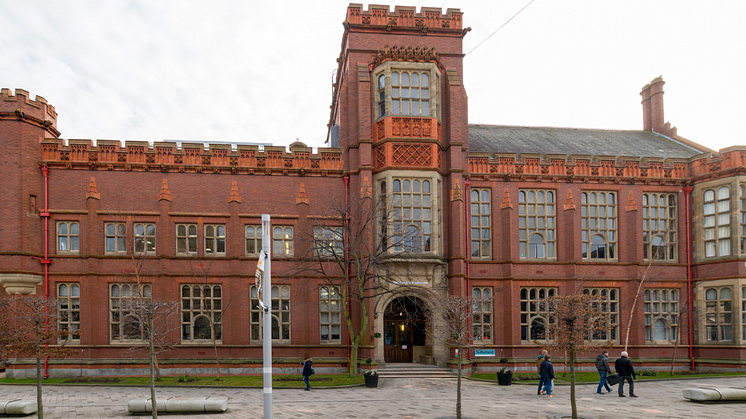
In an article written for The Conversation*, Andrew Suggitt, Assistant Professor in Geography and Environmental Sciences at Northumbria University, and Alistair Auffret, Senior Lecturer in Landscape Ecology at the Swedish University of Agricultural Sciences, discuss how making a new map of land-use change for Great Britain helped their research into the extinction crisis.
London’s Burning, Frère Jacques and Row, Row, Row Your Boat are all songs many of us will be familiar with from childhood – but you might not be aware that the history of these ‘rounds’ or ‘catches’ as they are also known, goes back hundreds of years.
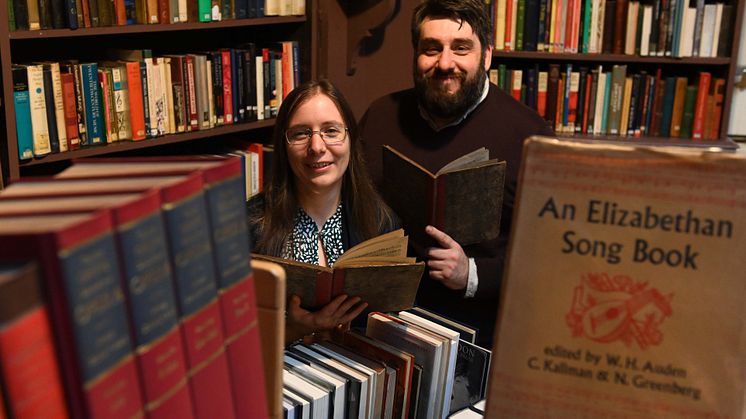
A Writing Chance – the pioneering programme for change, produced by New Writing North and co-founded by actor and philanthropist Michael Sheen and the Joseph Rowntree Foundation – is back.

After more than 30 years scientists have finally been able to confirm that the icy planet Uranus has an infrared aurora.
The discovery will provide insight into how magnetic fields on ice giants such as Uranus and Neptune behave and could even help astronomers use NASA’s James Webb Space Telescope to identify similar aurorae from planets outside our solar system.
The findings were made by Em
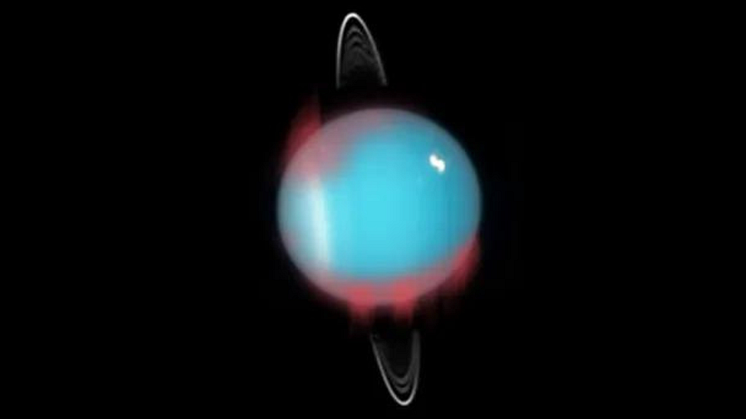
A collaboration led by Northumbria University and the Swedish University of Agricultural Sciences has for the first time mapped how land use changed across Britain throughout the last century. The new map reveals how and where some 50 per cent of semi-natural grassland was lost, including 90 per cent of the country’s lowland meadows and pasture, as the country intensified its agriculture.
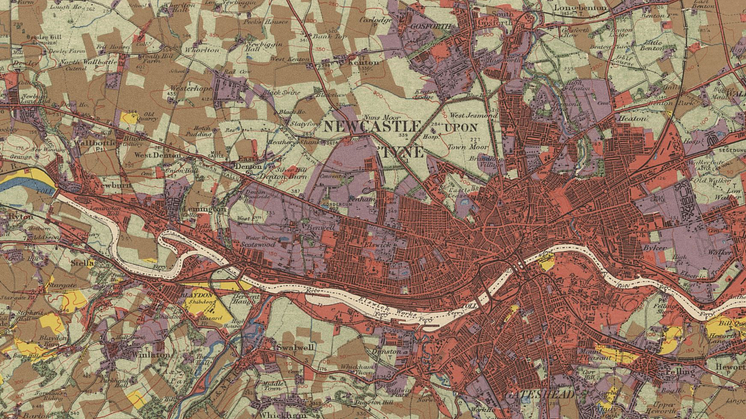
In an article written for The Conversation*, Deirdre McKay, Professor of Sustainable Development at Keele University, Kelly Sheridan, Associate Professor in Forensic Science at Northumbria University, and Axa Research Fund Fellow Thomas Stanton from Loughborough University discuss new research on the shedding of microfibres.
In an article written for the Conversation, Jan De Rydt, Associate Professor of Polar Glaciology and Oceanography at Northumbria University, along with Ocean-Ice Modeller Kaitlin Naughten and Ocean and Ice Scientist Paul Holland, both from the British Antarctic Survey, discuss their recent research findings on the warming of the West Antarctic ice sheet.
In an article written for The Conversation, Claudine van Hensbergen, Associate Professor in Eighteenth-Century English Literature at Northumbria University, discusses the UK government's official “retain and explain” policy regarding controversial monuments and the challenges and opportunities that come with it.